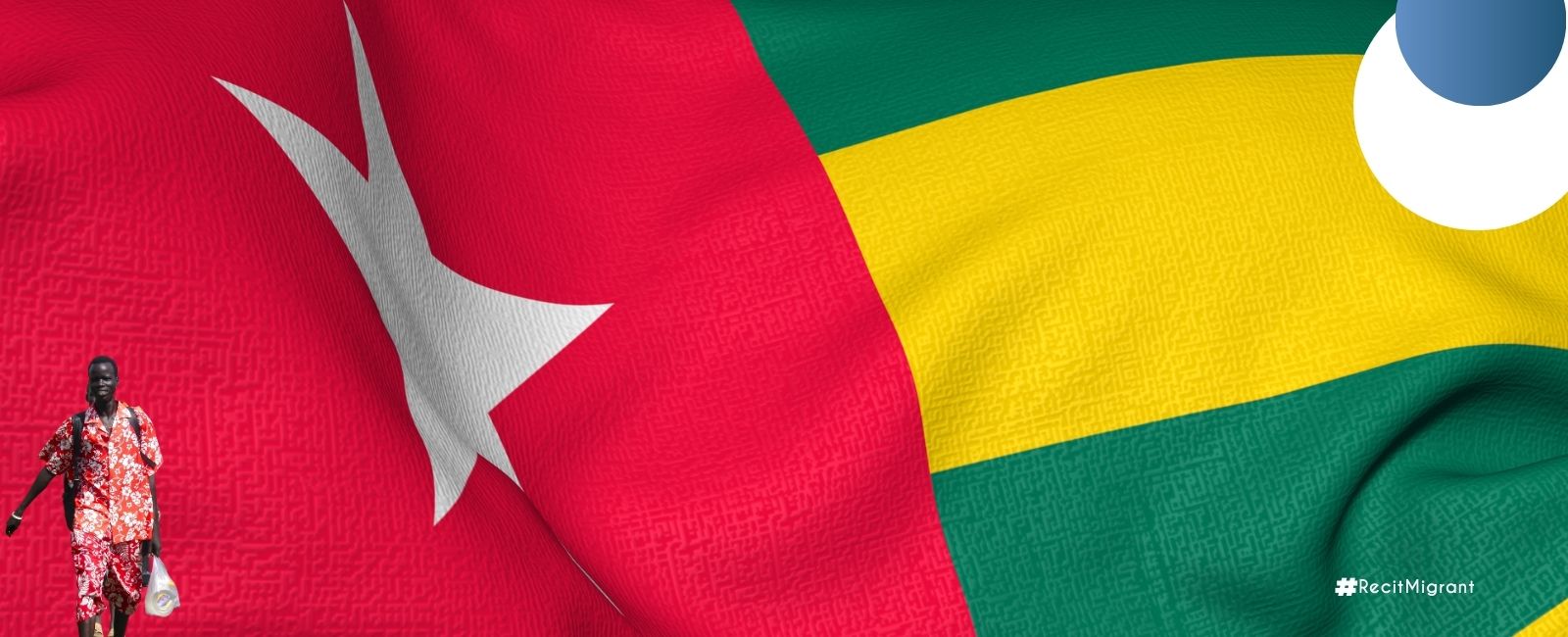

Migration is more than just moving to a new place; it also means adapting to a different cultural, social, and economic environment. For Togolese migrants or future migrants, language plays a crucial role in integration, as well as in gaining access to employment, public services and local communities. Whether they settle in Europe, the Arab world or elsewhere in Africa, language skills can open the door to better opportunities and a more dignified life. But which languages should they focus on, and why are they so important?
French, a regional and international asset
It is natural that many Togolese people are proficient in French, as it is the country’s official language. However, proficiency alone is not always enough. For migrants moving to French-speaking countries such as France, Belgium and Canada (Quebec), as well as certain African countries such as the Cote d’Ivoire and Senegal, French is a vital language for integration. It facilitates administrative procedures and provides access to education, vocational training and employment.
“When I arrived in Brussels, speaking French immediately opened doors for me. I was quickly able to join a professional integration programme,” says Kevin, 28, from Sokodé.
Useful resources: International Organization of La Francophonie
English, the global language of employment and opportunity
English is the language of the global economy. Mastering it opens doors to international markets and facilitates integration into English-speaking countries such as the United States, Canada, the United Kingdom, Nigeria and Ghana. It also provides access to a wealth of educational and professional resources online.
Useful resources: BBC Learning English ; Duolingo (free App)
Arabic, essential for migrants to the Gulf and North Africa
Many African migrants are welcomed in countries such as Saudi Arabia, the United Arab Emirates, Kuwait, Qatar, Morocco, Egypt and Tunisia, where they are employed primarily in domestic services, construction and hospitality. Even basic knowledge of Arabic can facilitate communication, prevent misunderstandings and sometimes protect against abuse.
“My first year in Egypt was difficult. As soon as I started learning basic Arabic words, everything became easier: at work, when shopping, taking the bus…”, explains Adjo, a 25-year-old domestic worker.
Useful resources: Madinah Arabic – free courses ; Al Jazeera Learning Arabic
German, studying or training in Germany
Germany is one of the most popular destinations in Europe for young Africans wishing to pursue higher education or vocational training (Ausbildung), or to work in sectors where there is high demand, such as healthcare, engineering and IT. Learning German is often a prerequisite for accessing these programmes, obtaining a visa, or succeeding in a job interview.
“I’m learning German at the Goethe-Institut in Lomé. Thanks to my B1 level, I can enrol on a nursing course in Munich. It’s my dream, and I think I can do it,” says Yao, aged 30.
Useful resources: Goethe-Institut Lomé ; Deutsch Akademie – online courses
National languages, a link to identity and community
Togolese languages such as Ewe, Kabyè, Mina, Tem and Hausa play a fundamental role in identity and mobility. They help to preserve cultural ties and strengthen community networks within the diaspora, as well as supporting the integration of new arrivals. They also serve as a tool for solidarity, particularly within religious, community and family groups.
Learning a language involves more than just mastering words; it also involves understanding a culture, building connections and equipping oneself for success. For Togolese migrants, investing in language learning is a step towards safer, more dignified and successful mobility.
Every language learnt, whether French, English, Arabic or German, is an additional key to integration and independence.
Recently Published
Subscribe to our newsletter!
Quick Links


